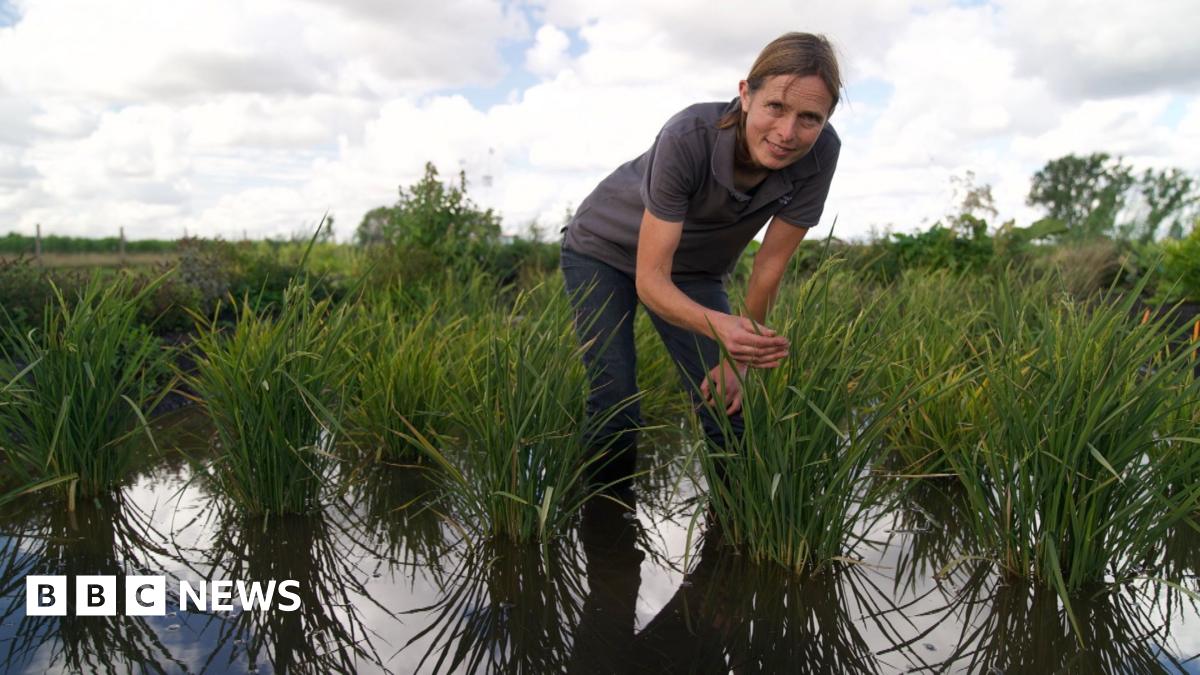New EAT-Lancet Report Calls for Urgent Food System Transformation
A major new report from the influential EAT-Lancet Commission has concluded that shifting to plant-rich diets could prevent around 15 million premature deaths every year. The 2025 report on Healthy, Sustainable and Just Food Systems builds on the groundbreaking 2019 report and stresses the importance of 'just' food systems to improve health and social development outcomes. The report emphasizes the need for a food system transformation to feed a growing population within planetary boundaries.
Key Findings of the EAT-Lancet 2025 Report
The report reveals that fewer than 1% of the world's population currently exists within a "safe and just space," where both people's rights and food needs are met within planetary boundaries. It highlights that 32% of food system workers earn below a living wage, while the wealthiest 30% of the population drive over 70% of food-related environmental impacts. Despite global calorie sufficiency, over one billion people remain undernourished. Even with a complete transition away from fossil fuels, food systems could still push temperatures beyond 1.5°C.
- 15 million premature deaths could be prevented annually with dietary shifts.
- $5 trillion a year in returns possible through better health, restored ecosystems, and climate resilience.
- $200-500 billion investment needed to drive food systems change.
The Planetary Health Diet Reaffirmed
The Planetary Health Diet (PHD), a largely plant-based diet rich in whole grains, fruits, vegetables, legumes, nuts, and seeds, with modest amounts of fish, poultry, dairy, and eggs, and low in red meat, added sugars, and saturated fats, is reaffirmed as a key dietary framework. Updated evidence suggests adherence to the PHD reduces all-cause mortality by 28% and lowers the incidence of type 2 diabetes, heart disease, obesity, and several cancers. The diet is adaptable to cultural traditions and local foodways.
Eight Potential Solutions for Food System Transformation
The Commission outlines eight potential solutions aimed at advancing health, environmental, and justice goals. These solutions include protecting and promoting traditional healthy diets, implementing sustainable production practices, halting agricultural conversion of intact ecosystems, reducing food loss and waste, securing decent working conditions, ensuring meaningful representation for food systems workers, and protecting marginalized groups. Urgent policy action, dietary consumption transformation, and a realignment of global financial incentives are critical.
- Protect and promote traditional healthy diets
- Create accessible and affordable food environments
- Implement sustainable production practices
- Halt agricultural conversion
- Reduce food loss and waste
- Secure decent working conditions
- Ensure meaningful representation
- Recognise and protect marginalised groups
Voices from the Food Industry
Groups representing farmers and consumers have reacted to the report, highlighting imbalances in profitability between suppliers and supermarkets. Ruth Westcott from Sustain emphasizes the need for the government to make healthy food "the easy choice." Josiah Meldrum from Hodmedod advocates for greater investment in growing a variety of vegetables and pulses in the UK. The Vegan Society welcomes the report, advocating for replacing meat, dairy, and fish with plant-based diets. The NFU underscores the British industry's high standards and continual work to reduce emissions. Tom Bradshaw, NFU president, calls for greater cross-departmental collaboration to build resilience in the farming sector.
Experts Weigh In
Johan Rockström, Commission co-chair and director of the Potsdam Institute for Climate Impact Research, emphasizes the report's guidance for feeding a growing population within planetary boundaries. He highlights the deep inequities in today's food systems and the potential to save millions of lives and cut emissions through dietary changes. Walter C Willett, Commission co-chair and professor at Harvard T.H. Chan School of Public Health, reinforces the benefits of the Planetary Health Diet for both people and the planet, emphasizing the need for action across the whole system.
The Path Forward
Transforming food systems requires investment, but the cost of inaction is far greater. The report suggests reshaping systems could deliver returns of $5 trillion a year through better health, restored ecosystems, and climate resilience. The Commission urges governments, businesses, civil society, and individuals to play a role in realigning food systems for the benefit of all people and the planet. Achieving a sustainable and just food system requires a concerted effort to promote healthier diets, implement sustainable practices, and ensure fair access to food and decent working conditions for all.
 Visit the website
Visit the website







